Beds aka best transportation system ever
via Tumblr http://mhandy1.tumblr.com/post/71813133432
Beds aka best transportation system ever

What a day of hanging out with my father in law looks like #gritty #offroad #realjeep
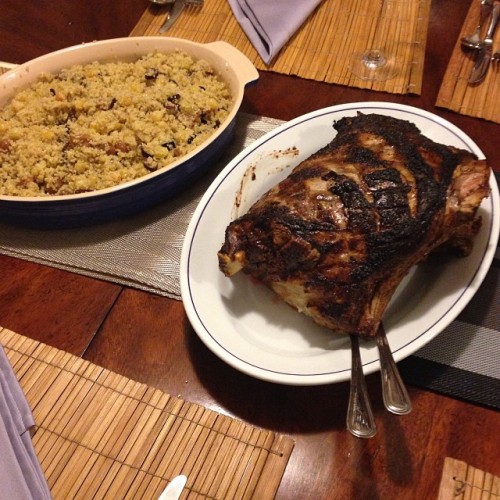
Dinner cooked by the boss… Did I mention she was an executive chef @cheflaurafu

Lol have a person struggling to remember put together lists…

Seeing the lion king with the wife. Grateful we get to do some special things before Paige arrives… (at Pantages Theatre)
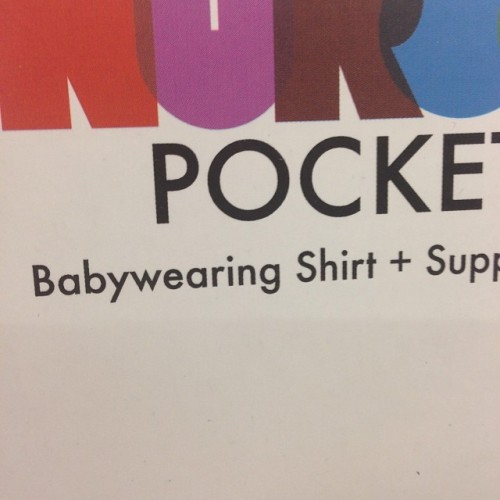
For those moments you say ” I like this shirt and all I just wish I could put a baby in it”

In other news the @lakings killed luongo tonight… Maybe #gokingsgo #wearekings #lakings
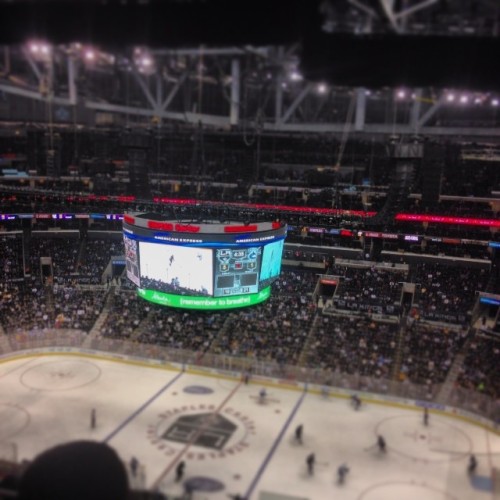
5 goals 19 shots… That is the story of this game

It’s always a good day for hockey! #lakings

This guy is such a beast
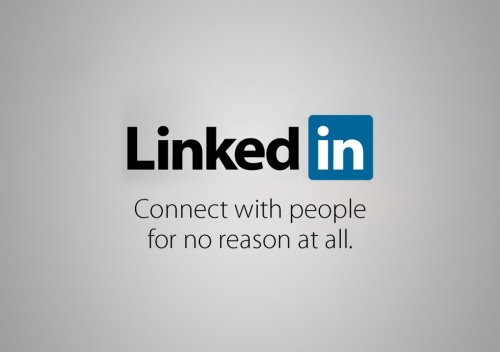
(via Honest Slogans Poke Fun At Brands - Business Insider)
It really doesn’t get more honest than this… lol “Linkedin Connect with people for no reason at all.”
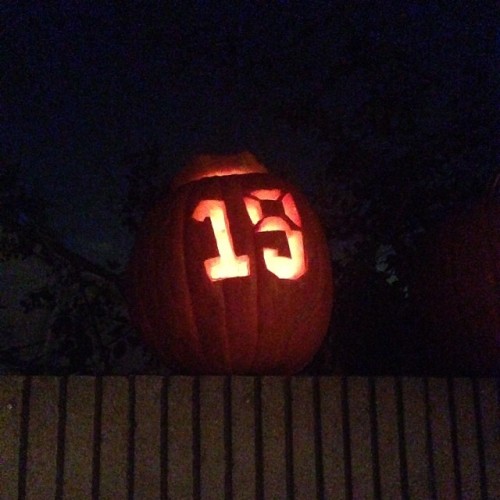
Toews gets a pumpkin for a Hat trick (@nhlblackhawks )
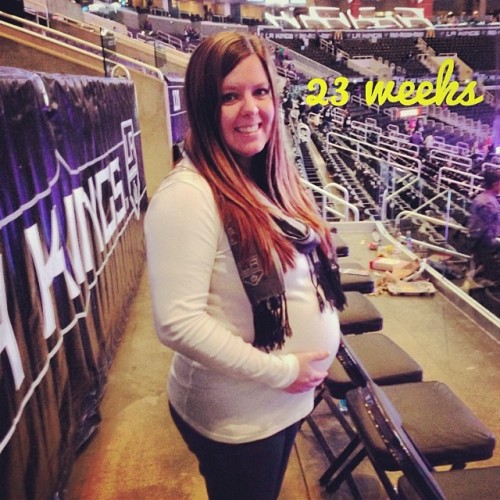
Week 23: Paige celebrates her first #lakings win.
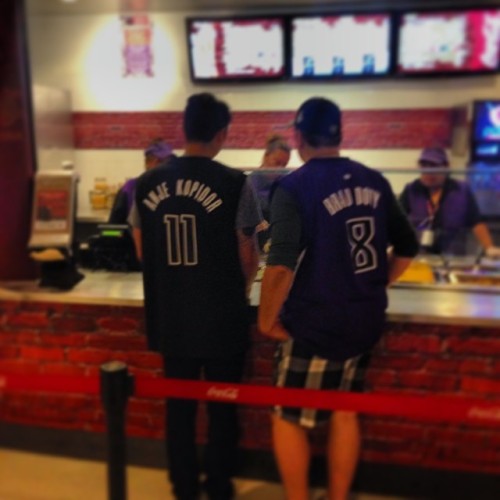
The @lakings fans are a funny lot
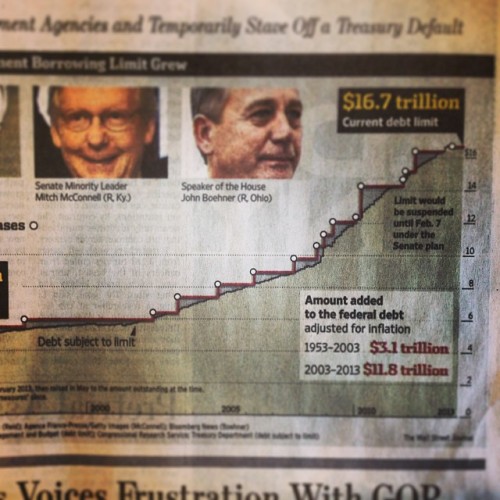
Ever see a curve on a bubble… (Completely accurate graph… Year and dollars are consistent) .. #debt #therealstory

Night time #spaceneedle #babymoon
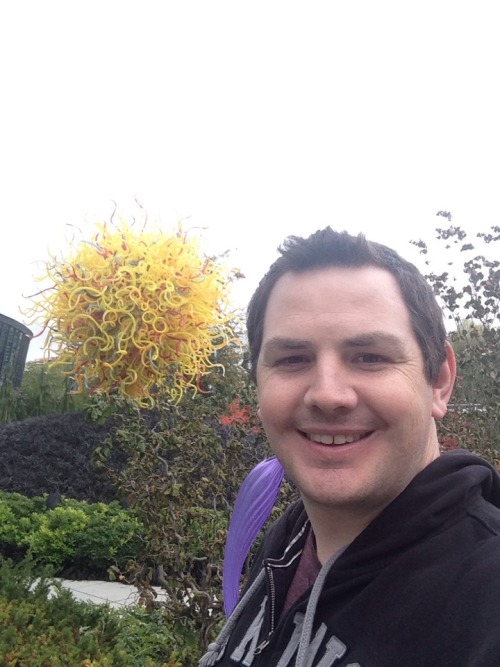
I’m at Chihuly Garden and Glass! http://ift.tt/1bMAczW
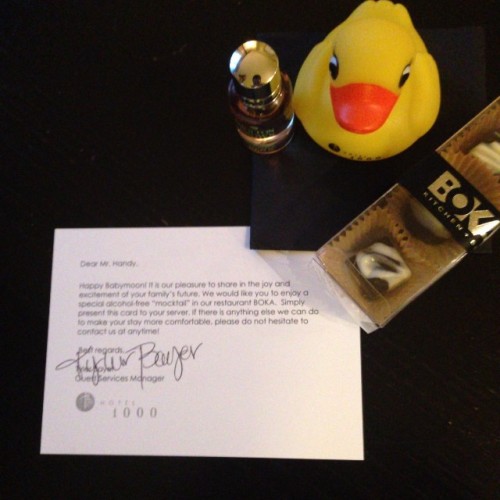
Hotel 1000 has become my favorite hotel! #babymoon #treatedawesome
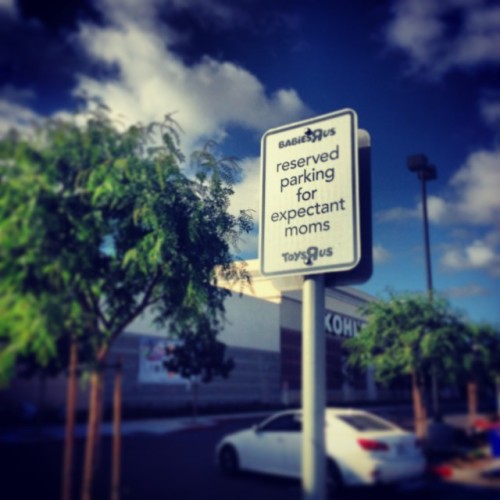
Downside of not going to babies r us without the pregnant wife… Not parking here
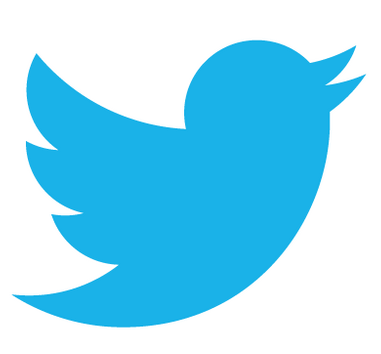
Disgruntled fliers taking to Twitter to vent their grievances about airlines has become commonplace. But a consumer turning one of those 140-character complaint into an ad? That’s something new — and marketers should have a plan to navigate this new potential route for consumer complaints to go viral.
British Airways had to learn the lesson the hard way. A passenger this week, dissatissfied with the carrier’s inattention to his tweets about his lost luggage, decided to promote those tweets in Twitter’s self-serve ad tool to voice his disdain more widely.
The user, Hasan Syed, promoted the tweet in New York City and in the U.K. on Monday night, according to Mashable.
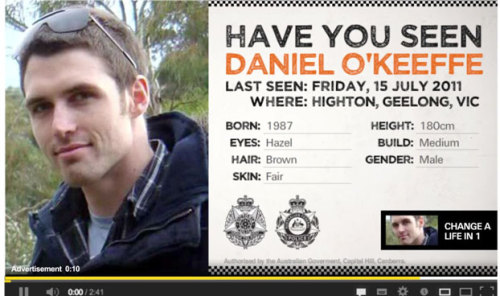
VML adds a little bit of agency to the mindless act of clicking “skip” on a YouTube pre-roll ad with this activation in collaboration with the Australian police. To spread awareness about Missing Persons in the country, the agency bought pre-roll space that transformed the usual “Skip” button into “Yes I have (seen)” and “No I haven’t (seen),” so people were forced to think a little before they clicked. The ads used geo-location targeting to show persons that were missing near you. The ads got 1.2 million views over five days. And, best of all, 238 people clicked “Yes.”
For more exciting ideas in brand creativity, tune in to Creativity-Online.com, follow @creativitymag on Twitter or sign up for the Creativity newsletter.

Microsoft Faces Big Challenges With Nokia Deal, Analysts Say http://bit.ly/13ahHPZ Simply put, Microsoft’s agreement to buy Nokia’s Devices & Services business for $7.2 billion is about mobile. Yet as analysts noted on Tuesday, there is nothing straightforward about the
softwaregiant’s urgent efforts to remain relevant in an ever more mobile world.

There’s something about Google’s oddball licensing of the Kit Kat brand for the latest version of its Android mobile operating system — to be called Android KitKat — that makes me think of Ad Age’s beloved and enduringly popular Agency Name Generator, which mashes together unlikely combinations of words to gin up perfectly credible agency monikers.
Android KitKat further changes the rules of branding and I find this to be liberating! Liberating in a Simon Dumenco Jack Daniels sort of way.
We all obviously have no choice now but to wildly speculate about future Android co-brands, including Android Lemonhead, Android Mallomars and Android Necco Wafer. Plenty of alphabet left to go.
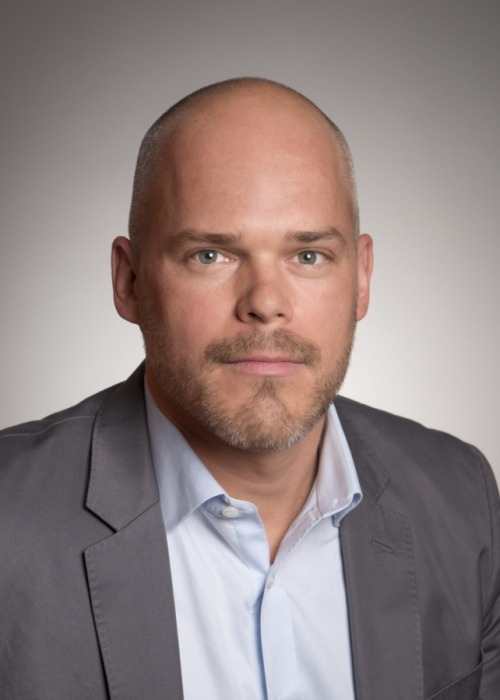
Like a lot of internet video companies, Vevo is pressing hard for ad dollars that would otherwise go to TV. That might explain why it’s turning to the standard in TV measurement — Nielsen — for its first revenue chief.
Nielsen exec Jonathan Carson will join the four-year-old company to manage Vevo’s roughly 75-person sales team, reporting to company president and CEO Rio Caraeff. Vevo lost its former sales chief David Kohl in the spring.
Mr Carson joined Nielsen as the company’s digital chief executive after selling the social analytics firm he co-founded, BuzzMetrics, to the measurement company in 2007. While at Nielsen, he focused on the convergence of traditional and digital media. Media companies and media buyers continue to sort out that shift, and Mr. Carson is betting digital networks like Vevo will take a bigger role in marketer plans in the future.
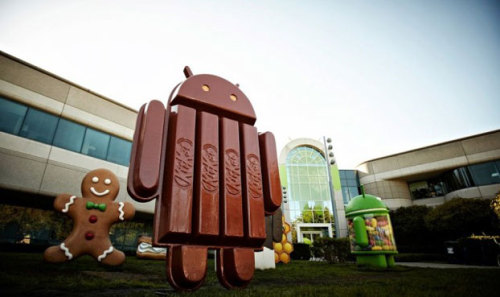
Welcome to the next chapter in naming rights deals: branded software releases.
Google announced today that the next version of its Android mobile operating system will be called “Android KitKat,” after the chocolate brand that is owned by Nestle globally and controlled by Hershey Co. in the U.S. The moniker continues Android’s tradition of giving sweet-themed names to Android releases, beginning with Android “Cupcake” in 2009, continuing in alphabetical order through “Jelly Bean.”
But this is the first time Android has partnered with another corporate brand. Nestle spokeswoman Nina Kruchten said no money exchanged hands as part of the deal, which a Google spokeswoman confirmed. Google first approached Nestle about the opportunity, according to Google. “We couldn’t imagine a better name for our Android K release than the tasty chocolate that’s been a favorite among the team since the early days of Android,” Marc Vanlerberghe, Director of Android Marketing, said in a statement.

Bring Food Education Back [infographic] http://feedproxy.google.com/~r/DailyInfographic/~3/rm_XRVbD-m0/bring-food-education-back-infographic

3 Ways To Connect With The Digital Multi-Tasking Customer http://bit.ly/175jSF7 Businesses are learning an important lesson - stop trying to dictate to mobile customers how they should view brands and buying decisions, start sharing a perception of the brand as part of a more
comprehensive customer journey.
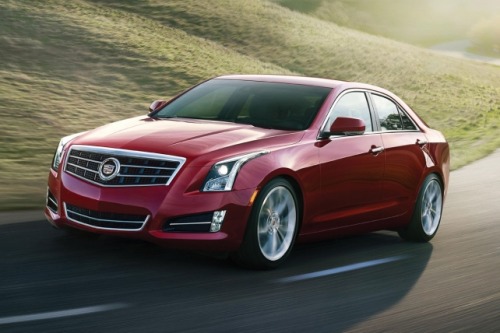
For more than 100 years, it’s been touted as “The Standard of the World,” but Cadillac’s marketing team now wants to portray the luxury auto in a new light.
Executives familiar with Caddy’s ad plans say when the brand unveils a major fall campaign from new agency Rogue, the messaging will lean on American values, such as the notion that everyone can create his or her own destiny. Cadillac will be painted as a more-accessible car than it has been, and a main idea behind the campaign is the theme “Work Hard. Be Lucky.”

Microsoft has agreed to buy Nokia’s mobile phone and services business for $7.2 billion in an effort to catch up in the booming mobile space, the companies said. The deal is expected to close in early 2014.
Global marketing will be integrated under two Microsoft executives — Tami Reller, exec VP-marketing, and Mark Penn, exec VP-advertising and strategy. Microsoft said it intends to license the Nokia brand to use with existing Nokia products but did not describe its plans for the name going forward. “It is very important that we pursue a unified brand strategy as soon as possible,” Microsoft CEO Steve Ballmer said in a statement.
At the companies’ announcement of the deal, Nokia’s chairman, Risto Siilasmaa, called the deal rationally clear but emotionally complicated. “Rationally it is clear that the smartphone market is undergoing fundamental change, and in this dynamic market Nokia has done great work in creating innovative products,” he said. “However, the industry is becoming a duopoly, with the leaders building significant financial momentum at a scale not seen before.”

GlaxoSmithKline, the pharma and consumer-health giant, has consolidated the bulk of its global media buying and planning account with WPP media agency network GroupM, while keeping Omnicom’s PHD as its lead media agency for the United States.
PHD will also add a global comms planning assignment, as well as the media business in Canada to its remit, according to people familiar with the matter.
The company did not immediately respond to requests for comment, while agency representatives either declined to comment or couldn’t be immediately reached. But the decision, which comes after a lengthy review, means that the international media duties that GSK awarded to Publicis Groupe’s Starcom MediaVest Group in 2010 will move back to GroupM.

GlaxoSmithKline, the pharma and consumer-health giant, has consolidated the bulk of its global media buying and planning account with WPP media agency network GroupM, while keeping Omnicom’s PHD as its lead media agency for the United States.
PHD will also add a global comms planning assignment, as well as the media business in Canada to its remit, according to people familiar with the matter.
The company did not immediately respond to requests for comment, while agency representatives either declined to comment or couldn’t be immediately reached. But the decision, which comes after a lengthy review, means that the international media duties that GSK awarded to Publicis Groupe’s Starcom MediaVest Group in 2010 will move back to GroupM.
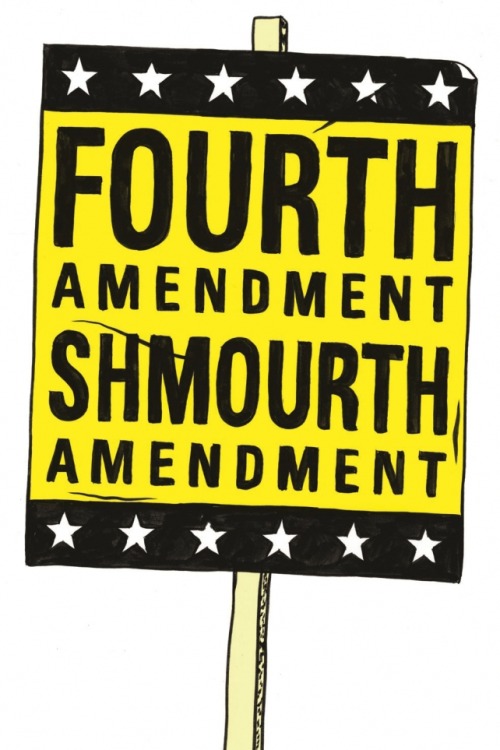
How was your summer? Vaguely unsettling and filled with disillusionment? Yeah, mine, too.
And not just because of “The Lone Ranger” and Justin Bieber spitting from balconies and Khloé and Lamar’s marriage being on the rocks and Miley Cyrus attempting to twerk on the VMAs. More because of that Edward Snowden fellow and the Pandora’s box he opened.
It’s a hazy memory now, but a couple of weeks into the start of summer, protesters turned up across the country for “Restore the Fourth” rallies on July 4 — part of an organized effort to speak out against the National Security Agency’s PRISM surveillance system that Snowden exposed. The Fourth that needs restoring being, of course, the Fourth Amendment to the U.S. Constitution — the one that prohibits unreasonable searches and seizures.
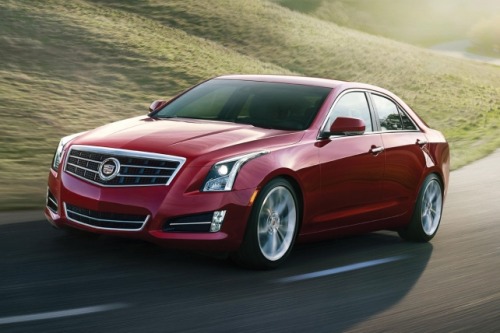
For more than 100 years, it’s been touted as “The Standard of the World,” but Cadillac’s marketing team now wants to portray the luxury auto in a new light.
Executives familiar with Caddy’s ad plans say when the brand unveils a major fall campaign from new agency Rogue, the messaging will lean on American values, such as the notion that everyone can create his or her own destiny. Cadillac will be painted as a more-accessible car than it has been, and a main idea behind the campaign is the theme “Work Hard. Be Lucky.”
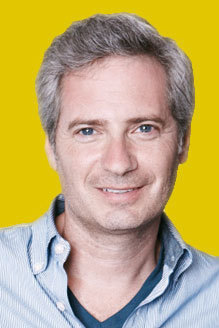
Gap Inc. spent several years as a punching bag for Wall Street, thanks to slipping sales, marketing missteps and an indistinct positioning among some of its core brands. But the company is swinging back.
Its stock hit a 52-week high last month. Net sales for the second quarter rose 8%, while sales for July were up 5%. Global expansion and the rapid creation of strong global marketing teams is fueling growth. Gap Inc. rounded out its trio of global chief marketing officer positions this year, with appointments at Old Navy and Banana Republic. Marketing across its brands is benefiting from increased investment and fresh ideas.
At the company’s namesake brand, Global CMO Seth Farbman has taken the brand back to its roots, emphasizing Gap’s purpose and values, as well as its founders, Donald and Doris Fisher. Internally, execs live by the mantra “believers in bright” — a nod to the Fishers’ desire to have a “store with a heart.” Its latest campaign, dubbed “Back to Blue,” is bringing the retailer back to TV advertising for the second time in seven years — a vote of confidence from its parent company.
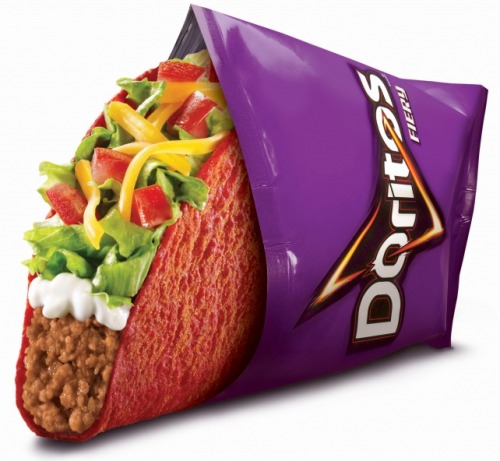
Brian Niccol glances around Taco Bell’s Irvine, Calif., test kitchen as he ruefully recalls the chain’s “food-as-fuel” marketing philosophy before 2012: “Fill them up, move them out.” Commercials relied on “crappy humor” to pitch new products to young men. Or, as he referred to one character in a TV spot: “a 24-year-old white guy being an idiot.”
"We were letting [the brand] become too much of a punchline," said the Taco Bell president.
Late-night comics were given even more fodder when, in January 2011, a class-action lawsuit was filed that alleged the majority of what Taco Bell called “seasoned beef” was ingredients other than meat. The chain, which had just come off its third year of flat sales, ended 2011 with a 1.4% sales decline systemwide.

Your Guide to Chinese Food [Infographic] http://bit.ly/14ddWfj